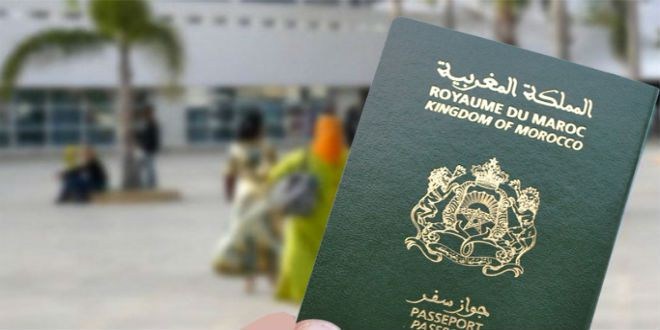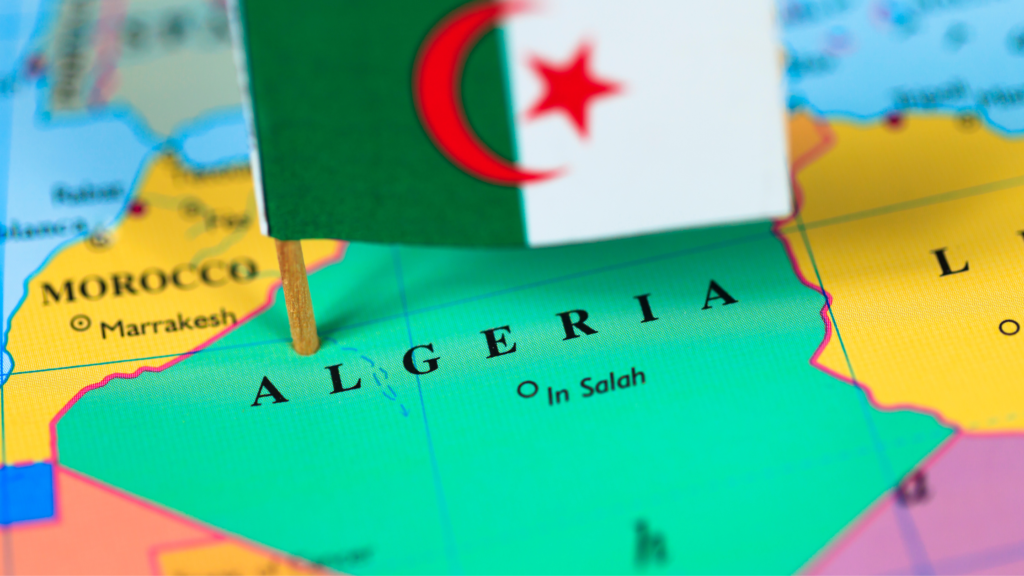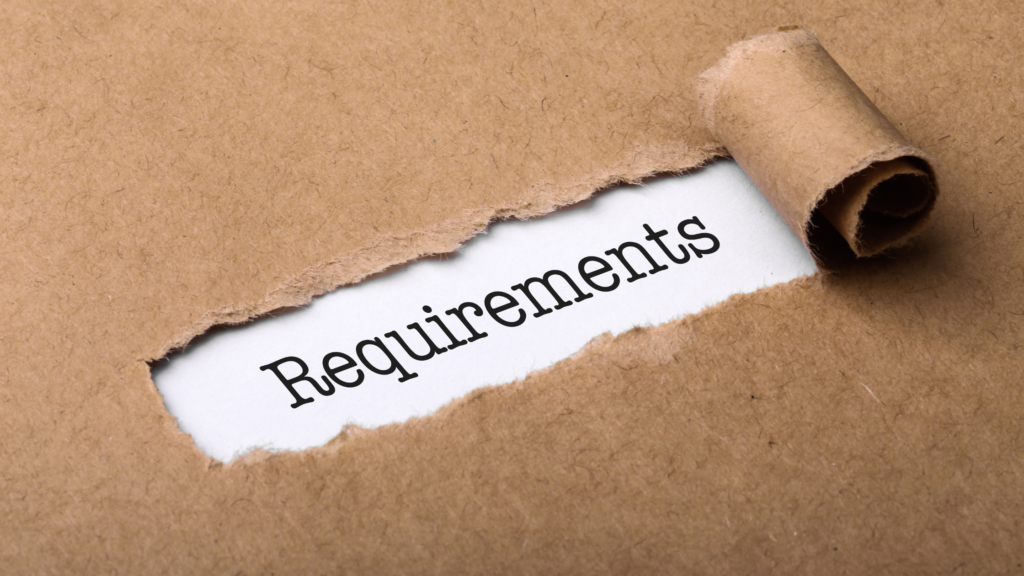Algeria Reintroduces Visa for Moroccans Amid Escalating Tensions Between Neighbors

Algeria has officially reinstated visa requirements for Moroccan nationals, marking a significant escalation in the already strained relationship between the two North African neighbors. The Algerian Foreign Ministry announced the decision on Thursday, September 26, citing “destabilization actions” and concerns over human trafficking, drug smuggling, espionage, and the alleged involvement of foreign agents. The move effectively ends a longstanding visa exemption that had allowed Moroccan passport holders to travel to Algeria more freely, further underscoring the deteriorating ties between the countries.

Rising Tensions Rooted in Longstanding Disputes
The reintroduction of visa restrictions comes on the heels of growing mistrust and political friction that have been brewing for years. Diplomatic relations between Algeria and Morocco have been severed since 2021, primarily due to deep-seated disagreements over the status of Western Sahara, a contested region in North Africa.
For decades, Morocco has sought international recognition of its sovereignty over Western Sahara, a territory it annexed in 1975 following Spain’s withdrawal as the colonial administrative power. Morocco’s autonomy plan for the region has gained traction among some international actors, including Spain and the United States, which have softened their stances in favor of Moroccan claims.
However, Algeria has staunchly opposed Morocco’s stance and continues to back the Polisario Front, a Sahrawi political and military group that advocates for Western Sahara’s independence. The Polisario Front and Algeria argue for the Sahrawi people’s right to self-determination, and they support a U.N.-sponsored referendum as the means to resolve the issue. This ideological clash over the future of Western Sahara remains the most significant obstacle to peaceful relations between the two nations.
Algeria’s Move: Security Concerns or Diplomatic Power Play?
In its announcement, the Algerian Foreign Ministry pointed to a series of security threats as justification for the reintroduction of visa restrictions. The ministry referenced concerns about drug and human trafficking, espionage, and even the deployment of foreign agents, suggesting that these activities may be linked to Moroccan interests. While Algeria did not provide specific details regarding the alleged destabilization efforts, the language used in the announcement reflects the deep level of suspicion and mistrust between the two governments.

By imposing visa requirements on Moroccans, Algeria is sending a strong signal that it views the Moroccan state as a threat to its internal stability. The move also hints at broader geopolitical considerations, with Algeria positioning itself as a defender of regional sovereignty in the face of what it perceives as Moroccan expansionism in Western Sahara.
A Shift in Policy: From Brotherhood to National Security
Historically, Algeria and Morocco have shared close cultural, religious, and familial ties, which made the visa exemption a significant gesture of solidarity between two “brother peoples.” When diplomatic relations were severed in 2021, Algeria refrained from immediately imposing visa restrictions on Moroccans, citing its commitment to these familial and cultural bonds. However, the recent decision marks a departure from that stance, suggesting that Algeria’s security concerns have now eclipsed its previous efforts to preserve the goodwill between their peoples.
The latest policy shift could have significant implications for both countries, particularly for families and businesses that have relied on relatively free movement across the border. With visa requirements in place, it will become more difficult for Moroccans to visit Algeria, potentially further alienating the two populations and deepening the diplomatic divide.
Western Sahara: The Core of the Conflict
The ongoing dispute over Western Sahara lies at the heart of the tension between Algeria and Morocco. For years, Morocco has sought international support for its autonomy plan, which would grant the region limited self-governance under Moroccan sovereignty. This plan has won backing from key players, including the United States, which recognized Moroccan sovereignty over Western Sahara during the Trump administration in exchange for Morocco’s normalization of relations with Israel.
Meanwhile, Algeria has remained firm in its support for the Polisario Front, which seeks full independence for the Sahrawi people. The United Nations still regards Spain as the colonial administrative power of Western Sahara, and the international community remains divided on the issue. The European Union and other global actors have called for a U.N.-sponsored referendum to resolve the status of the region, but progress has been slow, and the situation remains a major point of contention in North African geopolitics.
Morocco’s ability to sway key international players in favor of its autonomy plan has only heightened tensions with Algeria, which views such moves as a direct challenge to its support for Sahrawi self-determination.
ALSO READ: Ghana And Jamaica Waive Entry Visa Requirements
What’s Next for Algeria-Morocco Relations?
The reintroduction of visas for Moroccan passport holders represents the latest chapter in a complex and contentious relationship between Algeria and Morocco. As the two nations continue to clash over Western Sahara and other regional issues, it seems unlikely that diplomatic ties will be restored in the near future.
For Algeria, the decision to impose visas on Moroccans is part of a broader strategy to safeguard its national security and counter what it views as destabilizing actions by its neighbor. For Morocco, the move could be seen as a further escalation in a conflict that shows no signs of resolution.
The visa requirement also adds another layer of complexity to the already strained relations between the two countries, potentially affecting everything from tourism to cross-border trade and family connections. For now, the future of Algeria-Morocco relations remains uncertain, with the Western Sahara issue continuing to serve as the primary battleground for their diplomatic disputes.
As tensions grow, the international community will likely continue to watch developments in the region closely, particularly as they relate to Western Sahara and broader stability in North Africa. The question remains: will Algeria and Morocco find a path to dialogue, or will the reintroduction of visas be a sign of more confrontations to come?
Conclusion: A Deepening Rift with Global Implications
Algeria’s decision to impose visa restrictions on Moroccan passport holders signals a deepening rift between the two countries, exacerbated by longstanding disputes over Western Sahara and growing mistrust on security matters. As both nations continue to stake out opposing positions, the prospect of reconciliation seems more distant than ever. With regional stability at stake, the international community must now grapple with the question of how to address the escalating tensions in North Africa.






[…] Algeria Reintroduces Visa for Moroccans Amid Escalating Tensions Between Neighbors – African V… […]